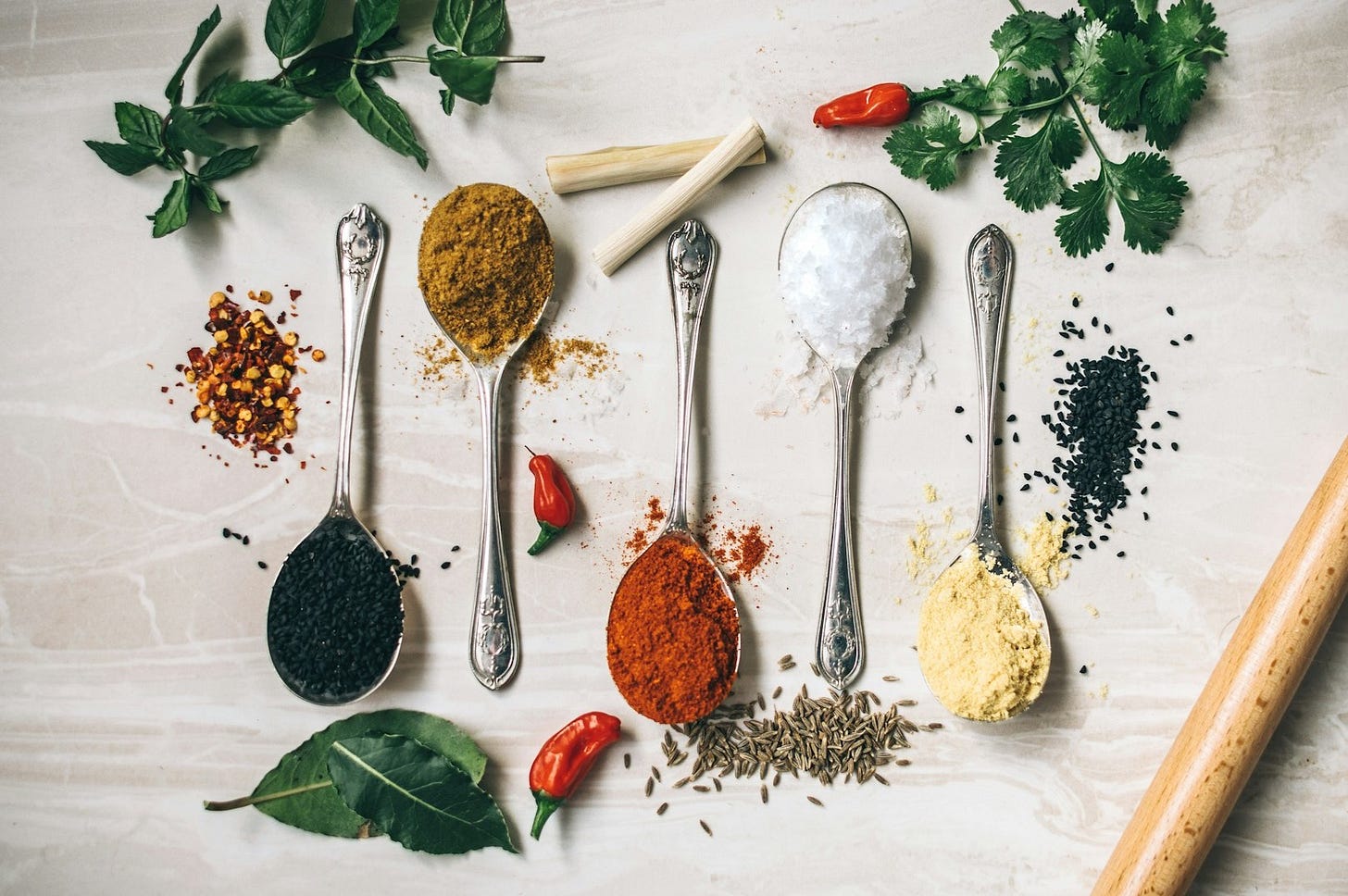
I inhaled Dr Joshua Wolrich’s book Food isn’t Medicine: How Misinformation is Harming our Health in one lengthy sitting. But I couldn’t shake the feeling that there was something about it that profoundly disturbed me.
I’ve watched his videos on Instagram too, and he comes across as someone evidencing common sense and good…



